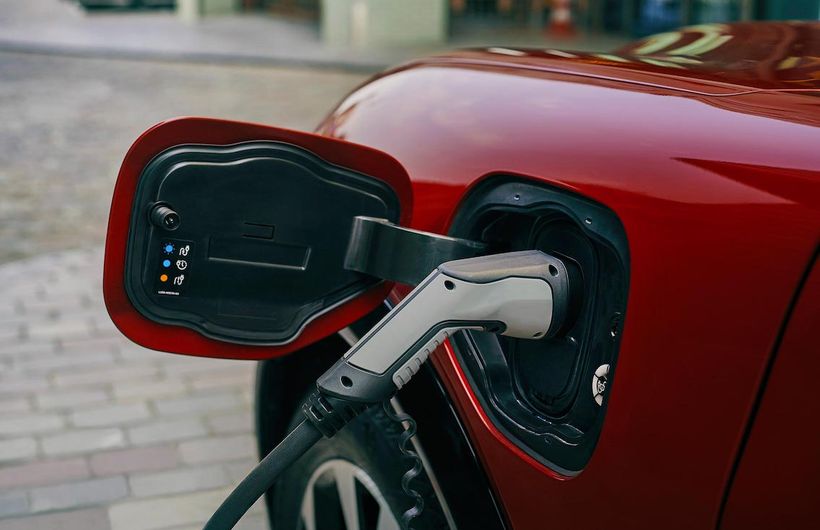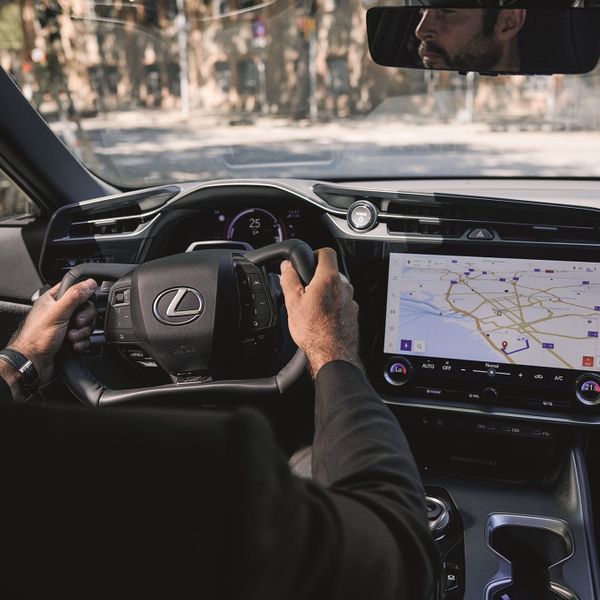Ford has become the latest brand to extol the virtues of a potentially cheaper and more durable battery technology that could make electric cars more accessible to a greater number of new car buyers.
There’s no getting around it - electric car batteries are expensive, and often represent a huge percentage of the total cost of the car. So if car makers can make them with cheaper materials, they can significantly cut the retail price of their electric cars entirely.
Presently, like the vast majority of modern electric cars, Ford’s Mustang Mach-E SUV uses a battery composed of cells powered by nickel cobalt manganese (NCM) chemistry. With global demand for nickel and cobalt soaring, leading to supply chains struggling to cope with a growing number of car manufacturers trying to get their hands on the stuff, alternatives are already being explored.
What are LFP batteries and are they any good?
Car makers are increasingly looking to introduce lower-cost batteries that use fewer high-cost materials such as cobalt. One such alternative to the traditional nickel cobalt manganese (NCM) battery is lithium iron phosphate (LFP) technology. Ford is the latest brand that plans to offer the tech alongside NCM powered cars from 2024. Underlining its belief in the more affordable battery technology, it’s investing billions of dollars into building a factory specifically suited to the task of building LFP battery packs - the very first of its kind in the USA.
The downside is that LFP batteries can’t hold as much energy as NCM chemistry cells, but being cheaper to manufacture isn’t their only benefit. They’re more durable than more expensive NCM batteries, and don’t degrade as quickly when subjected to high-voltage rapid charging. As such, for drivers not doing long daily commutes, and for use in commercial applications, LFP technology could make more sense.
Ford says that it will introduce LFP battery electric cars later this year - the Mustang Mach-E SUV being the first to adopt the cheaper tech, providing some lower-range, lower cost options in the line-up - which currently starts from just under £60,000 in Britain.
Which other cars use LFP batteries?
Right now, LFP battery technology is much more common in Chinese electric cars compared with models from European, Japanese, American and Korean brands. In terms of what that means in Britain, the excellent and competitively priced MG 4 hatchback - as well as the brand’s other EVs, the 5 estate and the ZS SUV - are all cars that make the most of LFP technology to deliver a solid combination of usable range and without wearing an unattractive price tag. BYD will soon join the UK market with the Atto 3 SUV, also using LFP tech, while the GMW Ora Funky Cat is another Chinese electric car to arrive on these shores backed by the more versatile tech.
But, electric car pioneer Tesla has also seen the value in the cobalt-free technology - most Chinese made entry-level versions of the Model 3 and Model Y built at the company’s Shanghai Gigafactory are made with LFP cells.
 LFP battery cars won't go as far as NCM ones, but you will be able to run them closer to flat, and they'll charge faster
LFP battery cars won't go as far as NCM ones, but you will be able to run them closer to flat, and they'll charge faster 










